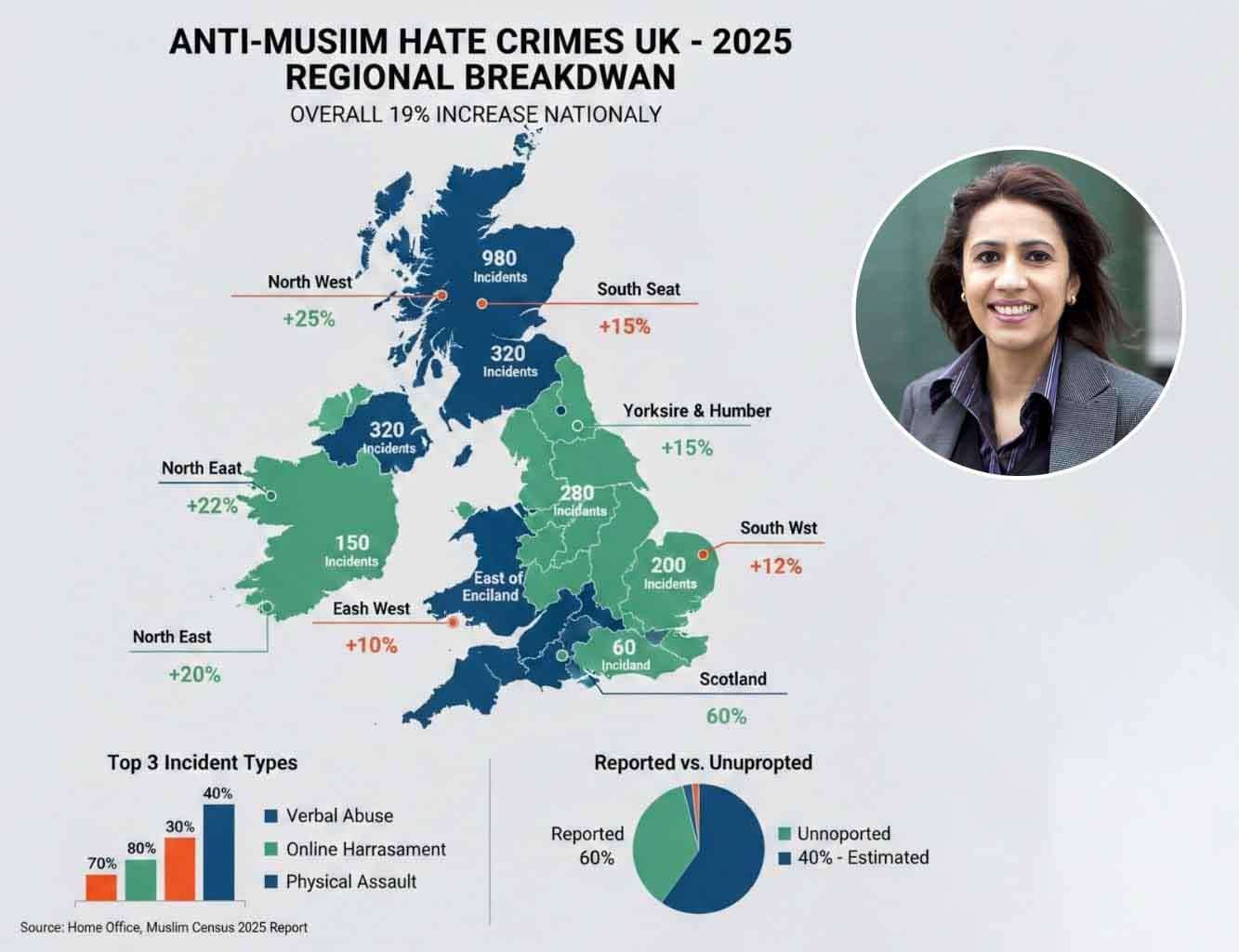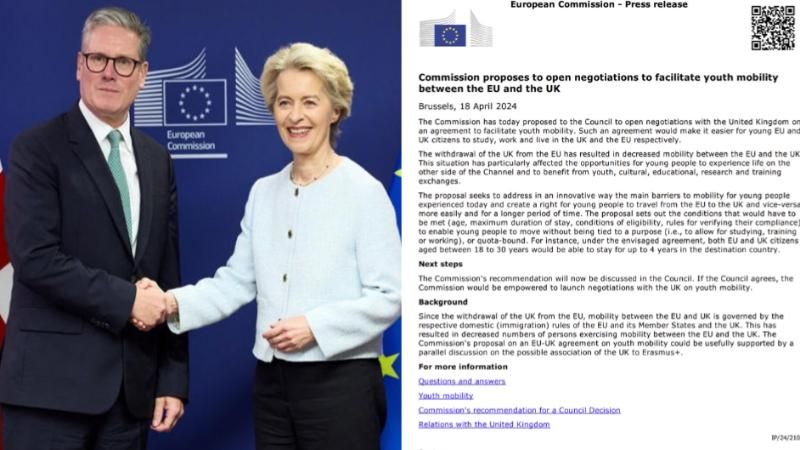A political firestorm has erupted over allegations that Labour leader Sir Keir Starmer is paving the way for a resurgence of EU migration, effectively "reimposing free movement by the backdoor." Brexiteers are sounding the alarm after a leaked EU proposal, penned in April 2024, suggested a youth mobility scheme that would allow hundreds of thousands of Europeans aged 18-30 to enter the UK without a specific purpose or strict quota.
The controversy centers on data indicating a significant proportion of EU nationals entering the UK workforce fall within this age bracket. Figures reveal that roughly three-in-five EU nationals registering for work between 2012 and 2024 were under 30. This trend, peaking at 65% in 2012/13 and rebounding to 63% in 2023/24, mirrors pre-Brexit migration patterns. Further data from the Migration Observatory corroborates these findings, showing that 1,363,000 (65%) of EU-born adults arriving in Britain between 2004 and 2016 were aged 18 to 30.
The proposed youth mobility scheme has ignited fears of a migration surge reminiscent of the post-2004 EU expansion, when EU migration outstripped non-EU migration. This comes at a time when non-EU net migration stands at a record high of 845,000, while EU net migration has plummeted to negative 95,000 in the year ending June 2024.
Brussels is reportedly set to push for relaxed migration flows at the upcoming UK-EU summit on May 19th, alongside demands for access to British fishing waters and cross-Channel energy cooperation. Starmer's refusal to guarantee a migration cap has further fueled concerns, with critics arguing that this move undermines his pledge to fix Britain's "broken" borders.
The Prime Minister's own attempts to curb net migration through a new White Paper, featuring stricter English language rules and extended residency requirements, are now being overshadowed by this EU proposal. He's promised to "take back control," echoing the 2016 Vote Leave campaign, and Home Secretary Yvette Cooper has announced measures to cut at least 100,000 visas. However, the potential influx of young EU migrants threatens to derail these efforts.
Facts4EU research also highlights a historical imbalance in migration flows between the UK and EU, citing the Erasmus+ scheme where significantly more EU students relocated to the UK than vice versa. Growing concerns about the UK's negotiating position, including potential concessions on fishing rights and dynamic alignment, add to the unease surrounding this contentious issue.








.svg)
